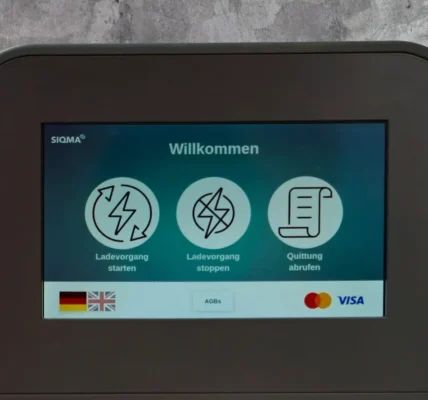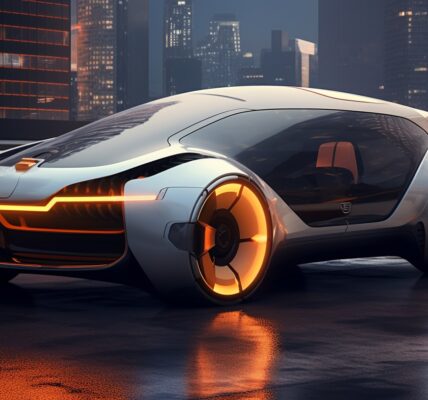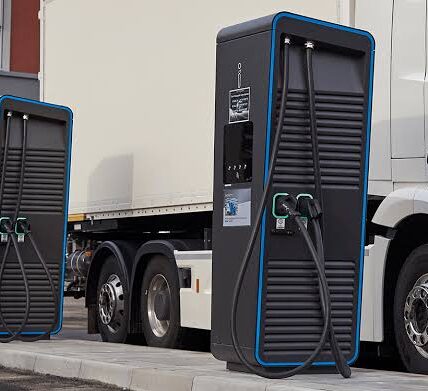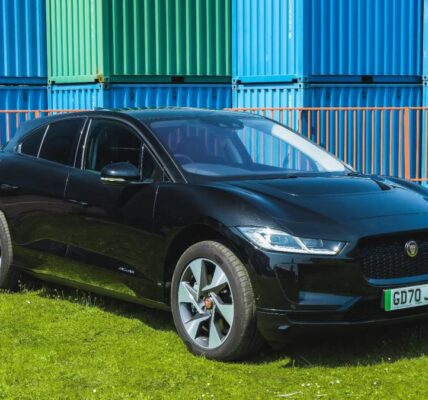J.D. Power’s data show the number of shoppers “very unlikely” to consider an EV purchase in the next 12 months reached 21% in March. That’s up 2% from the month before and the highest “very unlikely” response J.D. Power had ever seen.
Price and charging were the biggest reasons survey respondents rejected EVs. Of those “very unlikely” and “somewhat unlikely” to consider an EV, 49% cited both “lack of charging station availability” and “purchase price” as reasons for their disinterest in EVs. “Limited driving distance per charge” and “time required to charge” were also frequently cited, with 43% and 41% of respondents, respectively, listing them as factors in avoiding an EV purchase.
On pricing, J.D. Power pointed to the continued confusion over the federal EV tax credit and its tighter requirements, which the firm argues impacts affordability but reduces the number of qualifying EVs. EV prices themselves are also quite volatile at the moment, which could also be dissuading consumers.
On charging, J.D. Power has found in previous studies that customers are much more satisfied with the Tesla Supercharger network, although they’ve soured a bit with home charging due to surging home electricity prices, mainly in the Northeast.
However, it’s worth remembering that these findings come in the context of strong EV sales growth. EVs represented 7.3% of all U.S. new-car sales in March, according to J.D. Power. That’s down from 8.5% in February, but still a big increase from EVs’ 2.6% market share in February 2020.
And while this survey indicates EV holdouts may be digging in their heels, the general attitude toward EVs and EV policy appears remarkably positive. Although the policy itself might be political, polls have repeatedly found that the ideas behind the policy—and EV adoption itself—isn’t so partisan.








